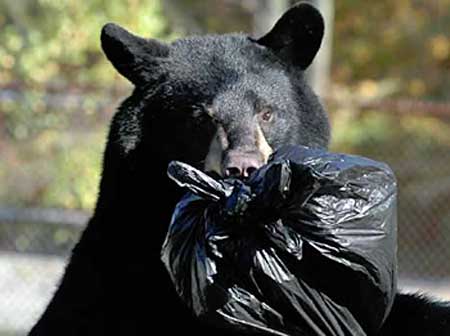New Webpage Provides Tips.


SOCIAL CIRCLE, Ga. –-(Ammoland.com)- What makes an animal a “nuisance”?
Most wildlife never come close to people. In fact, many people enjoy seeing such animals and believe that having them nearby adds to the value of their land.
According to the Georgia Department of Natural Resources, Wildlife Resources Division, animals such as deer, coyotes, bears, raccoons, foxes and skunks, however, often get labeled as a nuisance due to their sometimes intrusive and destructive habits in personal yards.
“You can make a huge difference on whether or not that animal truly becomes a nuisance,” says Alex Coley, assistant chief with Game Management. “With just some simple preventative tactics, you can find a way to still enjoy nature in your backyard, without presenting an all-access pass to your yard and your home.”
Following are basic tips to help keep wildlife from becoming a nuisance:
- Don’t feed wildlife.
- Keep items, such as grills, pet food or bird feeders, off-limits. Clean and store grills when not in use, keep pet food indoors or feed pets indoors, and refill bird feeders infrequently and in small amounts.
- Make trash cans inaccessible. Keep lids securely fastened or store trash cans in a secured location until trash pick-up.
“Wildlife can, and will, take advantage of ‘easy food’ opportunities. So, it is our job, as homeowners, to ensure that we are keeping these non-natural foods away from wildlife – for our safety and for the animals,” says Coley.
For additional help, WRD has provided a website page to help you with nuisance issues.
This page contains information about the following:
- Options for handling nuisance wildlife, including a list of professional nuisance trappers.
- Common Nuisance Wildlife in Georgia/Fact Sheets that include tips about dealing with the various species.
- Information on wildlife rehabilitators, managing your land for wildlife, guides on rabies and much more.
For more information, visit www.georgiawildlife.com/nuisancewildlife.
The post How To Discourage Nuisance Wildlife Issues appeared first on AmmoLand.com.
